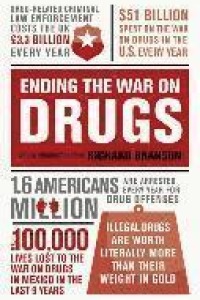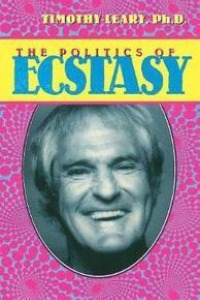
Drug Use and Cultural Context : Tradition, Change and Intoxicants Beyond 'the West'
Bok av Ross Coomber
Throughout the 20th and into the 21st centuries, considerable research, policy and media attention has focused on drug use in Britain, wider Europe, the USA and other advanced 'western' societies such as Australia and Canada. However the place of drugs in other cultural contexts has received far less attention. Both academics and policy makers need to broaden their horizons and, in particular, any prospects for the development of a better informed international drug control policy must take a more comparative approach. Studies of drug use in differing contexts and among diverse groups can question many strongly held assumptions about both drugs and drug use. Extreme levels of intoxication with various hallucinogens, substances regularly condemned in the West as essentially harmful and divisive for society, are often utilised in other societies in ritual and religious fashion to in fact enhance cohesiveness and bolster traditional practice. Other forms of drug use, whilst not necessarily essential to the cohesiveness of the society in which they are used, can be shown to be a significant aspect of what constitutes the general fabric of the culture of particular groups or a broader society. What is clear is that not all drug use that is demonised in the West can be shown to necessarily produce the same problems elsewhere. As the chapters in this volume demonstrate, the problems that do emerge are as much about the influence of western politics, economics and definitions as they are about the dangers inherent within the use of any particular drugs. However little is known about the use of drugs in non-western societies and this lack of comparative knowledge hinders a broader understanding of drug use, the way problems are attached to it and the nature of inappropriately applied social and regulatory policies. This book examines drug use (including alcohol) in different cultural contexts, showing how the claim of tradition can persist even while the impetus toward change is pervasive. In some cases, change is strongly resisted; in others its' effects are profound and potentially highly destructive. In a world of globalisation, western investment and leisure tourism can combine with the profiteering of international drug trafficking to transform traditional patterns of intoxicant use; in a world of post-colonialism, the legacies of past impositions are still causing tragedies; and in a world of western-led drug control policies, unproblematic cultural incorporation of drug use into everyday life and sacred ritual is threatened by remote and ill-informed politicians and bureaucracies. This book will be of interest to academics, students and receptive policy audiences, interested in understanding drugs and the issues raised by their use in unfamiliar contexts







